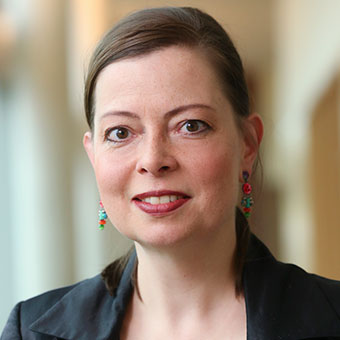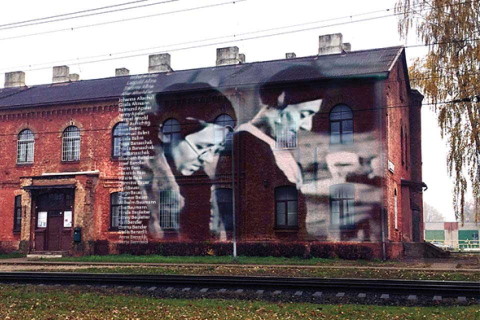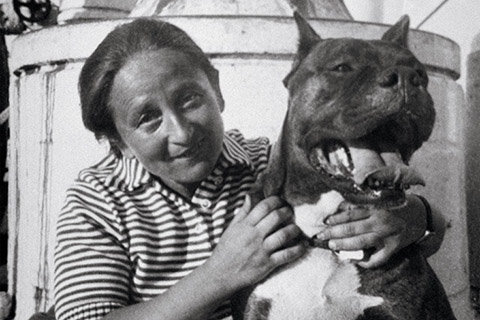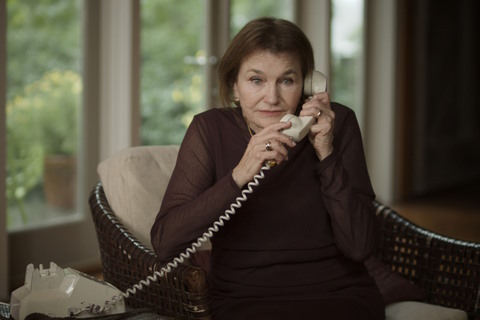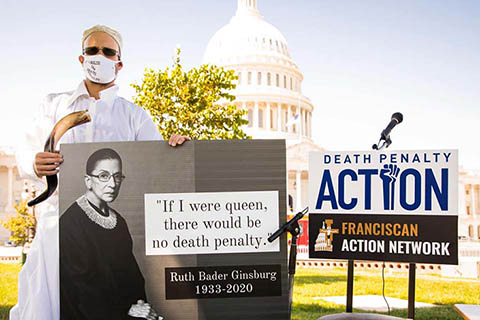The Jewish Courts that Judged Jews Accused of Nazi Collaboration
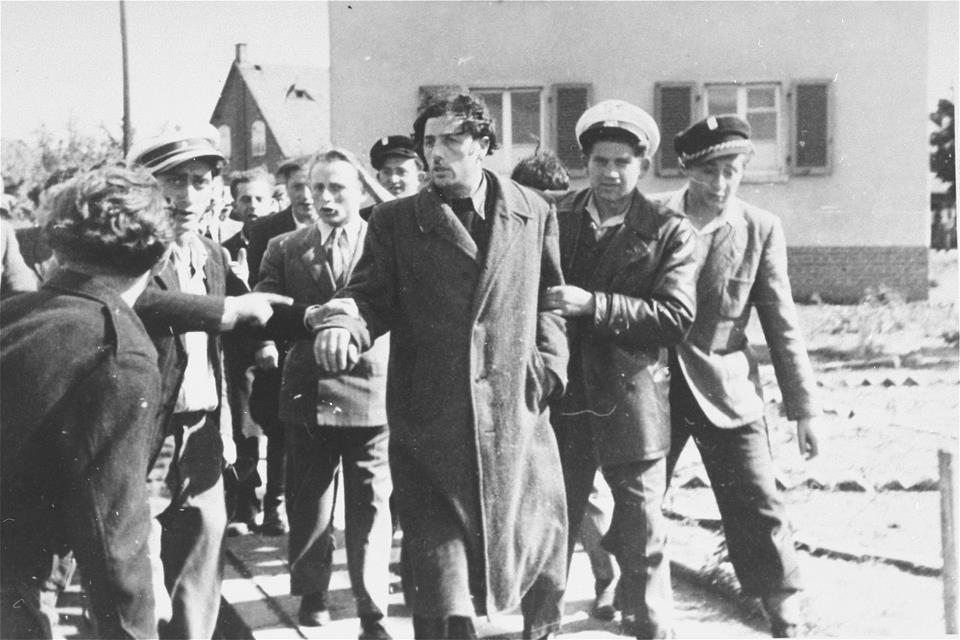
Jewish police in Germany detain an alleged Jewish concentration camp guard, circa 1945.
Photo Credit: United States Holocaust Memorial Museum, courtesy of Alice Lev
Feb. 24, 2023
Shepsl Rotholc was a famous champion Jewish boxer in Poland in the 1930s.
When the Nazis rose to power in neighboring Germany, he beat their fighters in bout after bout. "Rotholc Triumphs over the Swastika," ran one headline.
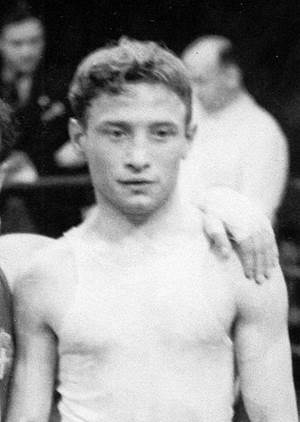 Rotholc circa 1930
Rotholc circa 1930
In 1941, two years after the Germans invaded, he became a policeman in the Warsaw Ghetto, helping to maintain order and enforce Nazi orders. A Jewish woman in the ghetto later claimed she'd pleaded with him for help when the Germans rounded up the Jews for deportation, but he’d ignored her. Other Jews said he'd beaten and brutalized them.
But Rotholc also used his special status to help his wife, son, and niece escape the ghetto. He then supported them in hiding with the proceeds he made helping smugglers move goods in and out of the ghetto.
Was Rotholc guilty of collaborating with the Nazis? Did he have any other choice? Should he be considered a hero for trying to save his family?
These were the kinds of questions considered by a special "Jewish honor court" that tried Rotholc in 1946 for aiding the Nazis.
For the last decade, Laura Jockusch, the Albert Abramson Associate Professor of Holocaust Studies, has researched these honor courts, which were set up by Jewish communities across Europe in the late 1940s and early 50s to judge alleged Jewish Nazi collaborators.
It was an especially vicious and horrifying feature of the Holocaust that the Nazis manipulated their victims into cooperation and made them complicit in organizing their own communities’ destruction. Jews were enlisted as ghetto police, informants or functionaries at concentration, labor, and death camps, and served on the Judenräte, Jewish councils that helped administer the ghettos.
The honor courts, which heard several dozen cases involving Jews who performed these functions, were separate from military and governmental courts and the Allied military tribunals in Nuremberg. As a result, they had no power to pass criminal or civil judgments.
Instead, they used moral criteria to judge defendants, assessing the motivations and circumstances of the defendants to determine why they did what they did and whether they had any other choice. They handed down sentences like moral reprimands, cuts in social welfare benefits from the Jewish community, condemnation as traitors, or ex-communication.
In Rotholc's case, a Polish Jewish honor court sentenced him to a two-year expulsion from the Jewish community. Two years later, after a campaign by the Polish Boxing Association to rehabilitate his reputation, the ruling was rescinded. He denied he ever harmed other Jews.
TJE spoke with Jockusch about her research into the Jewish honor courts.
Why were these honor courts created?
After World War II, there was a widespread perception among Jewish survivors that some Jews had acted to the detriment of other Jews. They believed they had enjoyed positions of privilege and had the power to save Jews but had failed. This created deep rifts in the postwar Jewish communities. The honor courts were established to address this sense of betrayal and work through this difficult past.
There was also fear of individual Jews seeking retribution against the Jews believed to have collaborated.
We're talking about what I call this twilight period between war and peace, where people have been traumatized and brutalized, and there was vigilantism early on. It was not mainly among Jews, but there were cases of Jews affiliated with the Jewish undergrounds, for example, who took revenge into their own hands.
So there was a sense in the Jewish community that rebuilding was only possible if these painful issues were addressed by a communal tribunal rather than through violence.
For centuries, Jewish communities had their own courts in Europe. You've argued the honor courts were similar.
Jewish communities had always been subject to the laws of their country, but there were also internal Jewish courts. Some dealt with secular matters, such as the distribution of charitable funds or conflicts between community members. There were also rabbinic courts that dealt with legal matters related to Jewish law, marriage and divorce, etc. Communal courts could issue moral rebukes and even excommunicate someone. In a way, the Jewish honor court issued similar punishments.
How did the honor courts decide guilt?
It was really about the motivation of the accused. If you were a prisoner functionary and acted to protect other Jews and thought of the greater communal good, you might be acquitted. But this was not seen as acceptable if you did it to save yourself. So these court cases were very much about your responsibility and loyalty to the Jewish community.
You've identified a difference in how the courts treated men and women.
There was definitely a gender discrepancy. Men, for example, could get away with committing violence against other Jews if they said they did it to protect prisoners from worse punishment by the Nazi guards.
Whereas for women, it was more about what was expected of women and female gender roles. There was a case of a Jewish woman who worked as a kapo (prisoner functionary) in a concentration camp and was accused of stealing food from other Jews. She was found guilty on the grounds that it wasn't acceptable for a Jewish woman to steal food rations from Jewish children.
Were the trials fair?
They could be fair in the sense that they gave the defendants a chance to explain their behavior. And that there was also witness testimony.
But the whole idea of being found guilty of "betrayal" or "collaboration" is problematic. It's really about emotions. It's about being hurt because someone from your own group, someone you hold to a different moral standard because you consider them one of your own, betrayed you or your group.
At the time, many Jews believed that as bad as the Nazis were, even worse were the Jews who helped them. And that's a total misunderstanding of the actual power relation between the Jews and Germans.
Part of the defining feature of the Nazi genocide was that they used their victims to facilitate their work. They put them in such a desperate and morally corrupt position that some people would betray their own people to save their families. And that has nothing to do with the victims and everything to do with the Nazi perpetrators.
This is something that Jewish survivors of the Holocaust didn't always see or understand in the immediate post-war period. That's something that comes out of research and a greater distance to the historical event.
You've spent an immense amount of time researching Jews accused of collaboration. How do you assess their guilt?
As a historian, I don't judge my subjects; I analyze them. What's interesting to me is why did survivors after the war think that they were betrayed by some of their fellow victims. Where does this kind of emotional scar come from? Where does the expectation of communal solidarity and loyalty at times of persecution come from? And how did communities after the war deal with that scar? How does the discourse about this aspect of the traumatic past change over time?
The honor courts were an attempt to deal with these difficult issues in a nonviolent form. They were an attempt to stop violence and end the cycle of vengeance.
